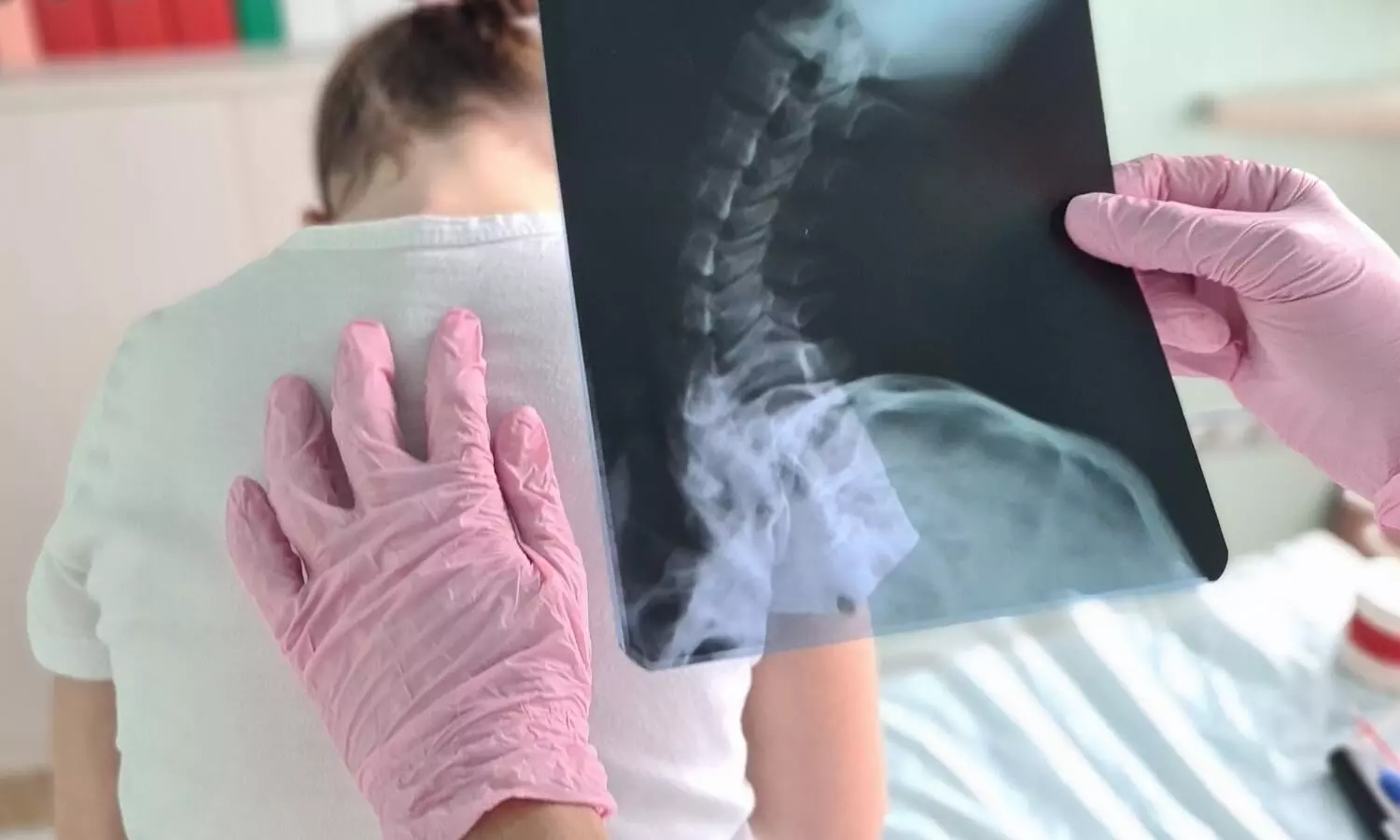Teen's Undiagnosed Spinal TB Worsened by Gaming Addiction and Isolation: Surgery Restores Mobility

New Delhi: Can excessive screen time and gaming addiction during adolescence lead to permanent spinal damage?
In a recent case, an adolescent boy developed severe spinal deformity and partial paralysis as a result of undiagnosed spinal tuberculosis, which was worsened by prolonged gaming addiction and social isolation.
The patient, who had spent nearly a year confined to his room, engaging in excessive gaming for up to 12 hours a day, developed a significant kypho-scoliotic deformity. This deformity led to difficulty walking and urinary problems.
His prolonged isolation, combined with his gaming addiction, delayed the recognition of early symptoms, allowing his condition to deteriorate to the point that complex surgical intervention became necessary.
The boy was admitted to the Indian Spinal Injuries Centre (ISIC) in New Delhi, where a team of spine experts, led by Dr Vikas Tandon, Chief of Spine Services, performed a high-risk corrective surgery using advanced spinal navigation technology. The surgery resulted in neurological recovery.
Dr Vikas Tandon, Chief of Spine Services, ISIC, commented on the complexity of the case, saying, “This was a challenging case due to the dual complexity of advanced spinal TB and the psychosocial impact of gaming addiction. The spine had suffered significant deformity, compressed the cord and threatened permanent disability. We used spinal navigation technology to plan and execute precise vertebral instrumentation, spinal cord decompression, and fusion. Fortunately, we were able to realign the spine, relieve the pressure on the cord, and restore his mobility. The patient responded well — early signs of neurological recovery were visible within days of the procedure. Timely surgical intervention played a key role in reversing paralysis and preventing long-term disability.”
Further highlighting the increasing concern of musculoskeletal complications in adolescents, he added, “We are seeing a disturbing trend of musculoskeletal complications in adolescents, especially due to prolonged screen exposure and sedentary habits linked to gaming. This case is not just about spinal TB — it reflects a growing public health challenge where physical and mental health are deeply intertwined. Excessive gaming, poor posture, and social isolation can create a perfect storm for delayed diagnoses and serious outcomes. Awareness, parental monitoring, and early intervention are critical to prevent such cases.”
Following the surgery, the patient was placed on a structured rehabilitation plan that included intensive physiotherapy and counselling to address his addiction-related behavioural issues.


